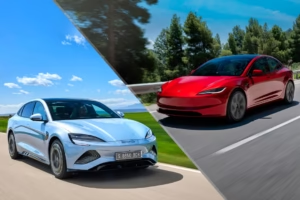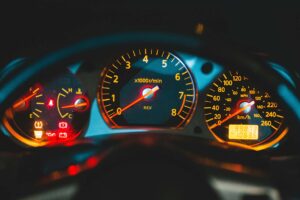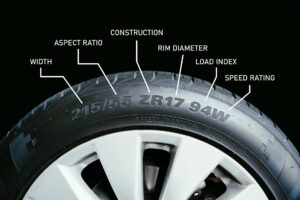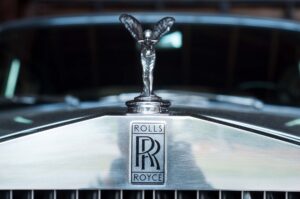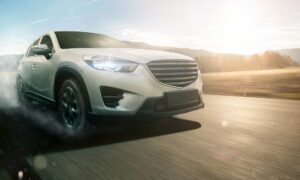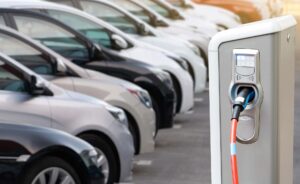Choosing the right ride can feel like a high-stakes game, and that’s because it kinda is. Knowing the best and the worst cars to own can save you from some costly regrets. Looking at things like reliability, cost of maintenance, fuel efficiency, and overall driving experience, let’s dive into the real-world hits and misses that can either make your life easier or turn every drive into a headache.
What Are the Best and the Worst Cars to Own?
The best vehicles to own typically include models like the Toyota Corolla, Honda Civic, and Lexus RX, known for their durability, fuel efficiency, and low maintenance costs. On the flip side, cars like the Chrysler 200, Fiat 500, and certain luxury models often face higher repair costs, depreciation, and reliability issues, making them less ideal in the long run. Always consider your driving needs and budget before making a decision.

What Makes a Vehicle an Overall Good Choice?
Not all four-wheelers are created equal. What does this mean, especially if you consider vehicle evolution? Well, some are built to last, while others start causing problems before the warranty even expires. But what exactly separates the automotive hits from the misses?
It’s not just about looks or horsepower – reliability, resale value, fuel efficiency, and safety all play a critical role. According to J.D. Power, vehicles with high dependability ratings can save owners thousands in repairs over time, while those with strong resale value lose significantly less money when it’s time to upgrade. Let’s break down the key qualities that make a four-wheeler a truly great investment:
- Reliability – frequent breakdowns lead to costly repairs and headaches, so vehicles with a reputation for longevity tend to be the best investments overall,
- Resale value – some four-wheelers depreciate quickly, while others hold their value, making them a smarter long-term purchase,
- Fuel efficiency – with rising gas prices, fuel economy plays a major role in ownership costs, on top of the whole eco-friendly narrative,
- Safety ratings – high crash-test ratings and advanced safety features provide peace of mind,
- Owner satisfaction – if people love their vehicles years after buying them, that’s obviously a good sign.
So yeah, it’s not all about flashy looks or how fast you can go from 0 to 60. A true winner is a four-wheeler that doesn’t empty your wallet or leave you stranded on the side of the famous US routes. Think of it as picking a lifelong travel buddy – you want the dependable one, not the drama queen.

The Best Four-Wheelers to Have Parked on Your Driveway
Finally, let’s take a look at some true legends of the automotive world. Taking reliability, owner satisfaction, and resale value into consideration, five well-known models pass these categories with flying colors.
Toyota Camry – The Best Sedans Got to Offer
The Toyota Camry has long been a celebrated sedan for its exceptional reliability and strong resale value. In 2023, J.D. Power ranked the Camry as one of the most dependable vehicles in its segment. Here’s why it lives up to its title:
- 10-year lifespan with minimal repairs,
- The resale value stays strong,
- Affordable maintenance costs.
Honda Civic – The People’s Champ
Praised for its fuel efficiency and longevity, the Honda Civic is a favorite among drivers seeking a balance between performance and economy. Its maintenance schedule is straightforward and affordable, contributing to its reputation as a cost-effective choice.
According to Kelley Blue Book, the Civic has some of the lowest five-year ownership costs in its class. On top of that, it has excellent fuel economy, up to 42 MPG on the highway. All in all, the Honda Civic is a fun yet practical ride, making it a very popular choice worldwide.
Lexus RX 450h – A Reliable Flex
In a survey done by the consumer group Which? The Lexus RX 450h hybrid emerged as the most-loved car, credited by owners for its reliability and comfort. Luxury SUVs are notorious for high maintenance costs, but the Lexus RX is an exception. Its hybrid engine provides both efficiency and power, making it an excellent long-term investment. Here’s why it’s great:
- Luxury without the insane maintenance costs,
- Outstanding reliability ratings,
- Comfortable and feature-rich interior.
Subaru Crosstrek – The Mountain Goat in a Hoodie
The Subaru Crosstrek is a favorite among adventure seekers and off-road driving lovers. It has excellent all-wheel-drive capabilities, top-tier safety ratings, and a solid resale value. Consumer Reports gave it high marks for owner satisfaction and dependability. Here’s why it’s great:
- Perfect for all terrains and weather conditions,
- AWD standard on all trims,
- Low depreciation rate.
Mazda MX-5 Miata – The Joyride Jackpot
For those seeking a sporty yet reliable ride, the Mazda MX-5 Miata offers an engaging driving experience coupled with Mazda’s renowned reliability. Its strong resale value further enhances its appeal. Plus, it’s the only car that can make a grocery run feel like a lap at Le Mans.
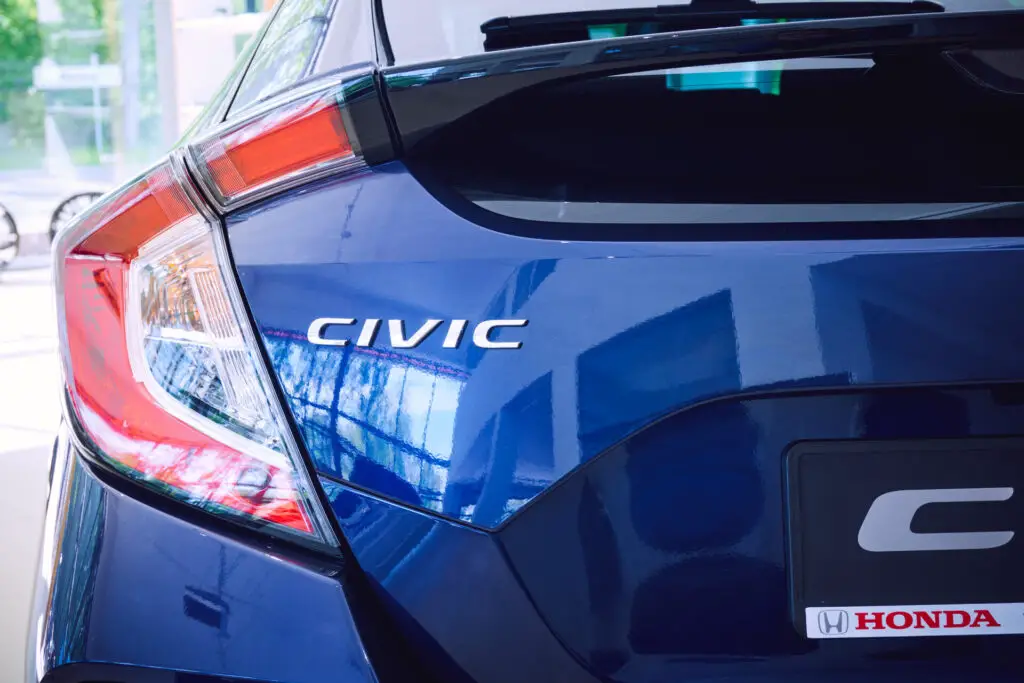
What About the Worst Cars You Could Possibly Own?
On the flip side, certain models have garnered reputations for frequent mechanical issues, poor reliability, and significant depreciation. Here are some vehicles that have been identified as less favorable choices:
Range Rover Evoque PHEV
Once a best-selling luxury SUV, the Range Rover Evoque hybrid is now ranked as Britain’s least-loved car. Owners of the $63,000 2020 hybrid version complained of constant breakdowns, long delays for replacement parts, and range anxiety, leading those surveyed to rank it as their least favorite ride. Britain loves its Range Rovers – just not that one.
Nissan Leaf
Despite its early entry into the electric vehicle market, the Nissan Leaf has faced challenges with depreciation. The rates go as high as 60% lost in five years – that’s definitely not good news. On top of that, it has a shorter range than newer EV competitors and the battery replacements can get quite expensive.
Jeep Grand Cherokee
The Jeep Grand Cherokee has received poor reliability scores for several years, with owners frequently reporting engine and transmission issues. These frequent mechanical problems turn into high maintenance costs and, before you know it, you’ve got a four-wheeler with a bad reputation.
Chevrolet Bolt EV
The Chevrolet Bolt EV was meant to be an affordable electric alternative, but multiple recalls have damaged its reputation. There are significant safety concerns when it comes to the battery, and its depreciation rates are worse than those of competitors. On top of that, there is limited charging infrastructure support, and that’s something that can turn daily driving into a stress-fest.
Ford Escape
The Ford Escape was once a solid choice in the compact SUV market, but reliability took a nosedive in recent years. Some model years suffered from transmission failures and electrical problems, leading to higher repair costs. All of this resulted in poor resale value, which is just one more reason to stay far away from this four-wheeler.
What Are the Factors That Influence the Car Ownership Experience?
Buying a four-wheeler isn’t just about finding something that looks good in your driveway. It’s a long-term investment that can either save or cost you thousands over the years. Factors like reliability, depreciation, fuel efficiency, and maintenance costs play a major role in determining whether a ride is a smart buy or a financial headache.
According to Kelley Blue Book, some cars lose more than 60% of their value in just five years, while others retain over 80%, making resale value a crucial consideration. Before committing to a new set of wheels, let’s take a look at the key factors that can make or break your ownership experience.
Reliability That Goes the Distance
A reliable ride minimizes the likelihood of unexpected breakdowns and costly repairs. Brands like Toyota, Honda, and Lexus consistently receive high marks for reliability, and that’s definitely something that shouldn’t be overlooked.
Depreciation Done Right
The rate at which a car loses its value over time is crucial, especially for those who plan to resell. Models like the Porsche 911 have been noted for retaining their value exceptionally well, losing only 9.3% after five years. But you don’t have to drive a Porsche to enjoy good depreciation rates – a lot of Honda and Toyota models fare pretty well in this category.
Owner Satisfaction at Its Finest
This metric reflects how happy owners are with their vehicles, encompassing aspects like comfort, performance, and features. High owner satisfaction often correlates with models that meet or exceed consumer expectations.
Lower Maintenance, Fewer Headaches
Affordable and straightforward maintenance can significantly enhance the ownership experience. Reliable mechanics often recommend brands like Honda and Toyota for their ease of maintenance and cost-effective, easy-to-find parts.

Explore the Market and Get the Most Suitable Four-Wheelers
Selecting the right four-wheeler involves careful consideration of various factors, including reliability, depreciation, owner satisfaction, and maintenance costs. When you focus on models with strong track records in these areas, you can make an informed decision that ensures a satisfying and financially sound ownership experience.
Remember, while statistics and expert reviews provide valuable insights, it’s essential to assess your personal needs and preferences when choosing a vehicle. Test drives, thorough research, and consultations with automotive professionals can further guide you toward the best ride for your lifestyle.

